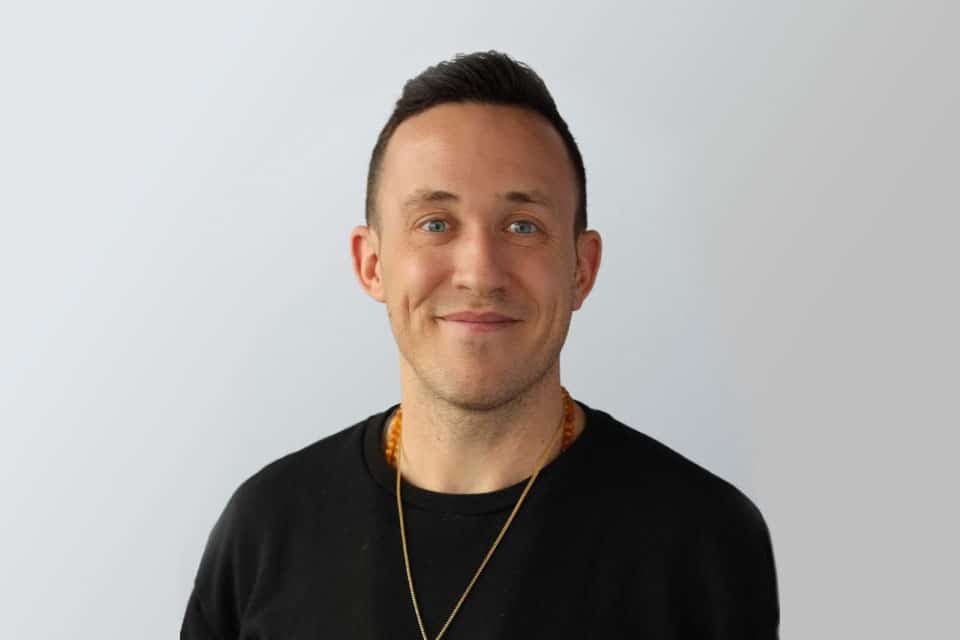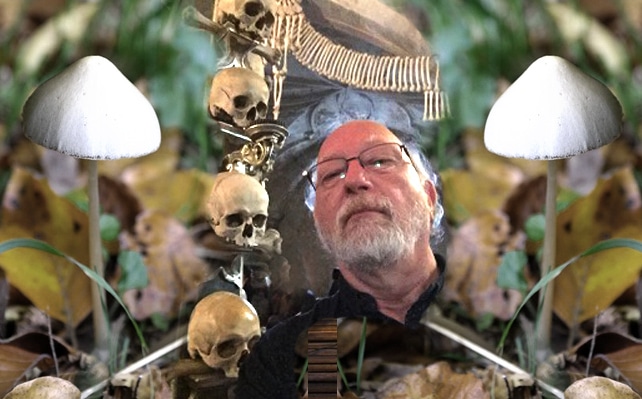
Peyton Nyquvest is the CEO of Numinus, a Canadian publicly-traded company that is involved in psychedelic synthesis, research and treatment. Numinous recently partnered with MAPS Public Benefit Corporation to host their upcoming MDMA for PTSD open-label study in Montreal and Vancouver. We spoke with Peyton recently to talk about the origins of Numinus and his hopes for how this company can make a positive impact in the psychedelic space.
Thanks for speaking with us Peyton. To start things out can you give us some background on what led to the creation of Numinus?
I suffered from chronic pain my whole life since birth, and recognized that there were some mental health challenges associated with that quite early on in my life. In my mid to late teens, while I was trying to alleviate my chronic pain symptoms and mental health challenges, I sort of went through the gamut of accessible Western mental health treatments. But my chronic pain just kept getting worse and worse and worse, and led me to a point a couple of years ago, where I was getting hospitalized three times a week, and was feeling really, really out of options. I ended up turning to psychedelics really as a last ditch effort to try and save my own life.
That’s really where Numinous was birthed from. I never planned on quitting my job and starting a psychedelic company. At the time, there was really no corporate interest in the space, Compass Pathways was sort of just getting going, but for the most part, it was just nonprofit and academic groups. And so really, the intention was how can we work alongside and support all this amazing research that was happening, and start to provide sort of the infrastructure and tools to be able to move these important therapies out of a research context and into an accessibility model for people? That’s really where the company began.
Would you say that the end goal is to make psychedelic therapies available for people?
Yeah, the goal has always been to provide accessibility for people and really focus on the outcomes of people going through this therapy. Accessibility is extremely important, but also making sure that we’re doing best by our clients, whether that’s supportive practices, virtual tools, etc.
How do you plan on making these treatments not just available to the affluent who the medical system serves, but underserved communities as well?
Yeah, that’s a really good question. We’ve got a few different ways we’re looking at that, and one of those is cost. Our laboratory licensed by Health Canada not only does analytical testing, but production and importation and distribution of pretty much all the major psychedelics- MDMA, psilocybin, mescaline, DMT, LSD, ketamine. Our license for that lab was amended by Health Canada about a year and a half ago to allow us to harvest, cultivate and extract psilocybin from naturally occurring psilocybin-containing mushrooms. And what we’ve been doing is trying to provide a natural psilocybin product that we believe will be about 75%, cheaper than synthetic. So on the drug side, that’s what we’ve been working towards to make these medicines cheaper to produce.
When it comes to clinics and the service provider side of things, we’ve made investments into research and clinical study to make sure that we have a data set, so that when we’re going to talk to third party insurance providers we can show their safety and efficacy. There are opportunities to take that data to the public health care system in Canada and hopefully provide coverage for folks. And to reduce costs and maximise beneficial outcomes further, we are looking at group programming, building communities, and continuing to make sure that people are really being held in a way that the community can support them as well.
We also have a head of indigenous relations and practices, who is working with some of the indigenous groups in Canada to work on their access to psychedelic therapy. And we’ve actually included in our training modules for our practitioners things like indigenous cultural safety, and have been working to train a diverse array of people, including indigenous peoples who can relate with and bring awareness to the cultural traumas that exist within those communities.
Do you see for-profit corporations being a beneficial force in the psychedelic space, and if so, how?
I have a finance background by trade, I usually tell people not to hold that against me. That’s just how I ended up here. I was meeting with groups like MAPS and the British Columbia Center on Substance Use and I know how challenging it is to raise money as a nonprofit. There was an opportunity that I saw for the underground therapists and psychedelic community that I have a huge amount of appreciation and reverence for. I think we can create models that help sustain that community so that they can work above ground and pay taxes and do what they need to do in order to show up for their work in a way that is safe and full and sustainable and scalable. We are also looking at taking a percentage of profits from our psilocybin extraction and having that go to increased access programs for indigenous communities, as a way to pay honor where these medicine traditions came from.
You can learn more about Numinus on their website here.









